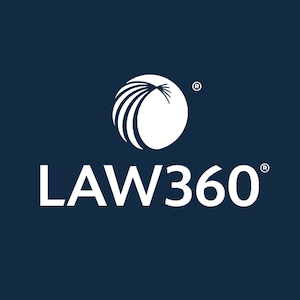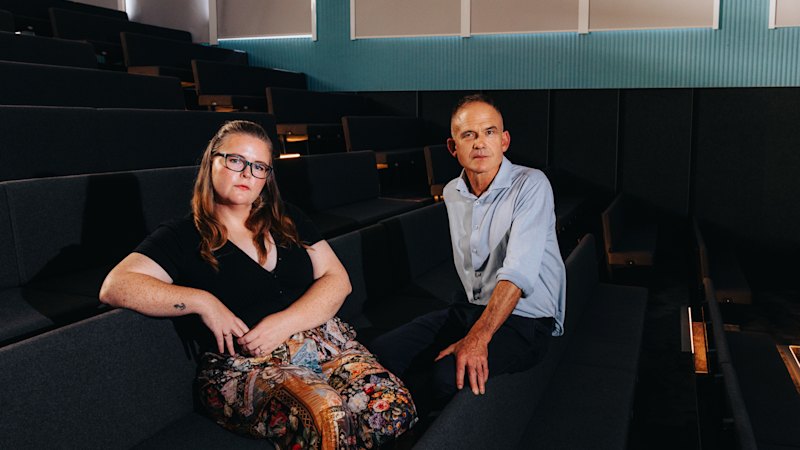
In a significant legal victory, a Delaware federal judge dismissed Acuitas Therapeutics’ lawsuit on Tuesday, which sought to add its scientists as inventors on seven patents held by Alnylam Pharmaceuticals. These patents are crucial to mRNA technology, a cornerstone in the development of COVID-19 vaccines. The court ruled that Acuitas failed to demonstrate that its scientists had a financial or reputational stake in the litigation’s outcome.
The decision represents a pivotal moment in the ongoing legal battles surrounding intellectual property rights in the rapidly evolving field of biotechnology. As the world continues to grapple with the COVID-19 pandemic, the ownership and control of mRNA technology patents have become increasingly contentious.
Background of the Legal Dispute
The lawsuit by Acuitas Therapeutics, a Canadian biotechnology company, aimed to recognize its scientists as co-inventors of the mRNA technology patents. Acuitas argued that its contributions were integral to the development of the technology used by Alnylam. However, the judge found that the complaint lacked sufficient evidence to support these claims.
Alnylam Pharmaceuticals, based in Cambridge, Massachusetts, is a leading player in the field of RNA interference (RNAi) therapeutics. The company has been at the forefront of developing innovative treatments using mRNA technology, which has been instrumental in the rapid development of COVID-19 vaccines.
Implications for the Biotechnology Industry
This ruling underscores the complexities of patent law in the biotechnology sector, where collaboration and innovation often intersect. The decision may have broader implications for similar disputes, as companies navigate the intricate web of intellectual property rights associated with cutting-edge technologies.
According to Dr. Emily Carter, a patent law expert at Harvard University, “This case highlights the challenges in proving inventorship in collaborative scientific endeavors. The court’s decision reinforces the importance of clear agreements and documentation when multiple parties contribute to technological advancements.”
Historical Context and Industry Impact
The use of mRNA technology in vaccines has been a game-changer in the fight against infectious diseases. Historically, patent disputes in the pharmaceutical industry have often centered around the ownership of breakthrough technologies. This case is reminiscent of past legal battles over genetic engineering and monoclonal antibodies, which also saw intense litigation over patent rights.
The outcome of this case may influence future collaborations and partnerships in the biotech industry, as companies strive to protect their intellectual property while fostering innovation. The decision could lead to more stringent agreements and clearer delineations of inventorship in joint research projects.
Looking Ahead: The Future of mRNA Technology
As the biotechnology industry continues to evolve, the significance of mRNA technology is expected to grow. Its applications extend beyond vaccines, with potential uses in treating a range of diseases, including cancer and genetic disorders. The protection of intellectual property rights will remain a critical issue as companies invest heavily in research and development.
Meanwhile, Alnylam Pharmaceuticals is poised to continue its leadership in the field, leveraging its robust patent portfolio to drive innovation. The company has expressed its commitment to advancing mRNA technology and expanding its therapeutic applications.
The dismissal of Acuitas Therapeutics’ lawsuit marks a decisive moment in the ongoing narrative of mRNA technology’s development and commercialization. As legal challenges persist, the industry will undoubtedly watch closely for any further developments that may shape the future landscape of biotechnology patents.






